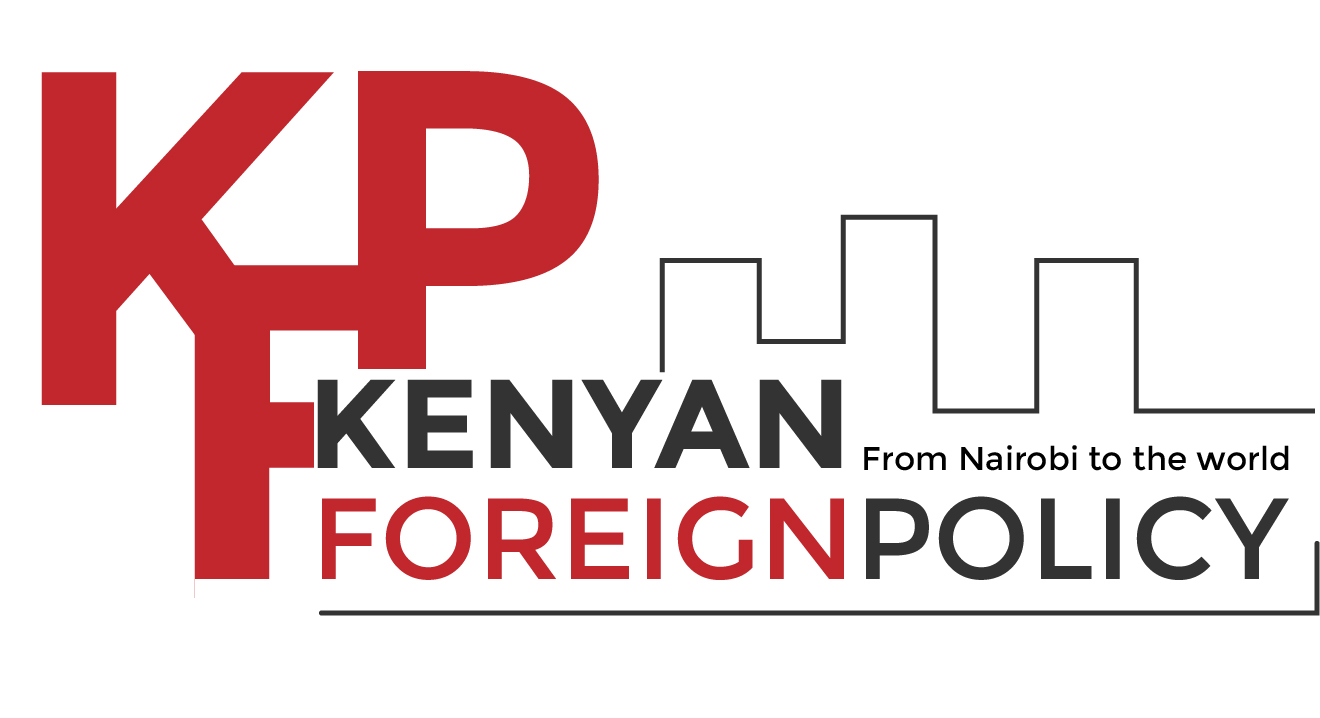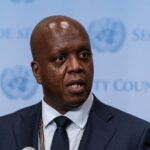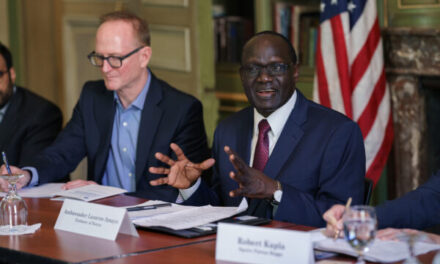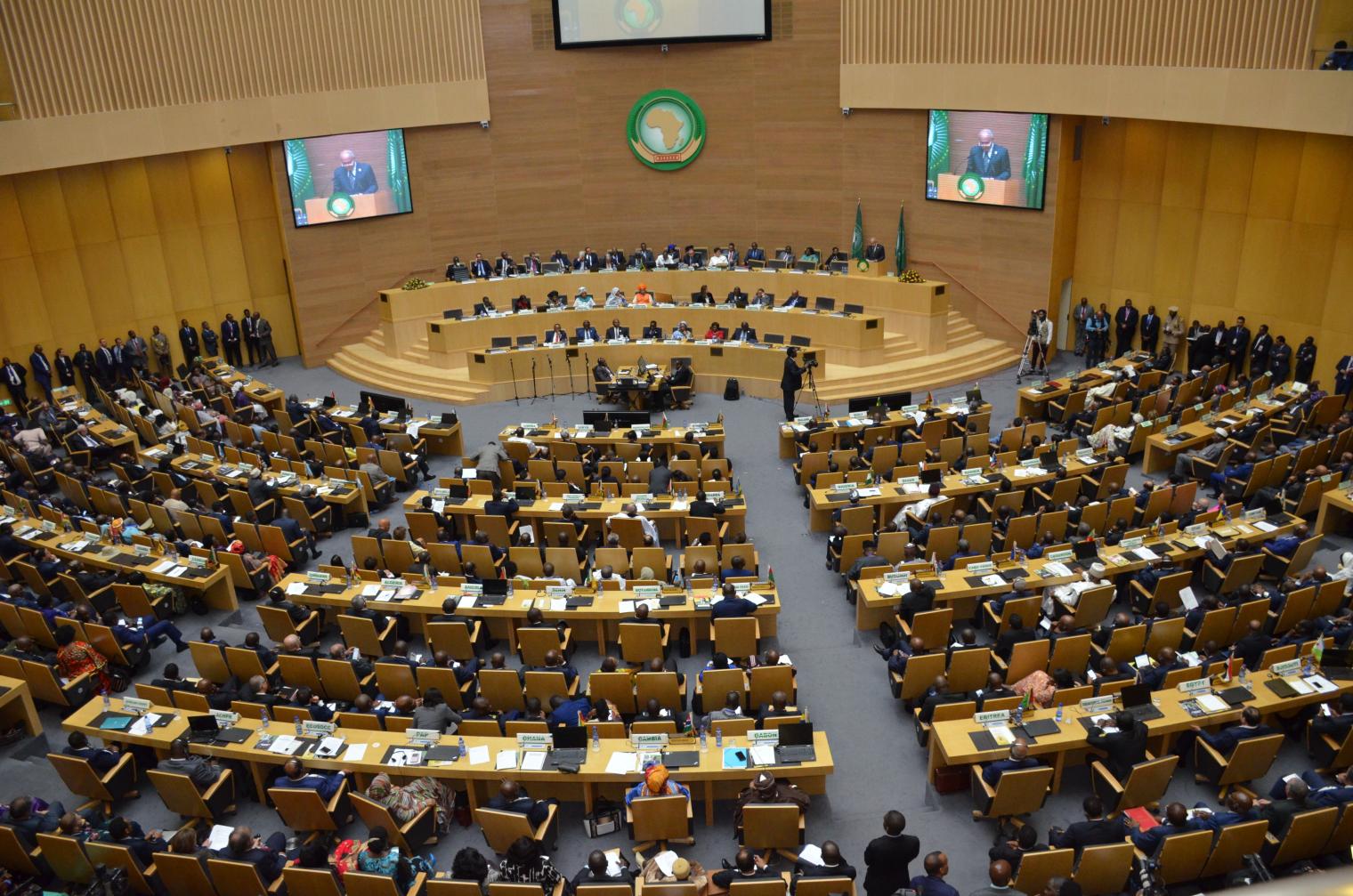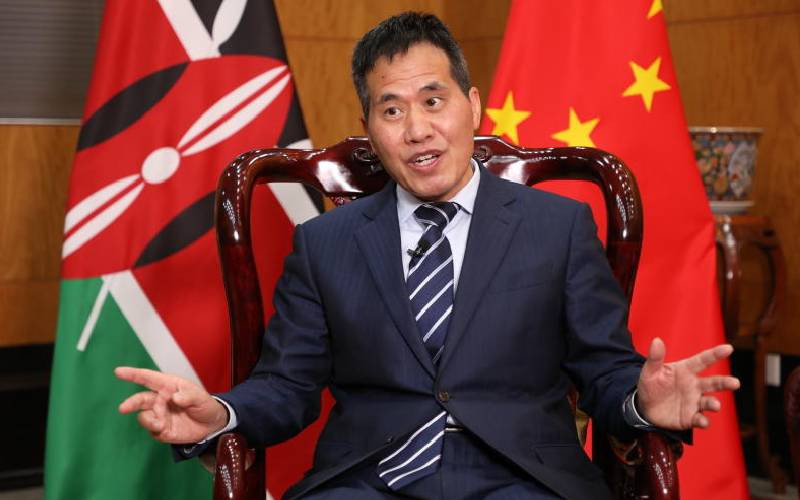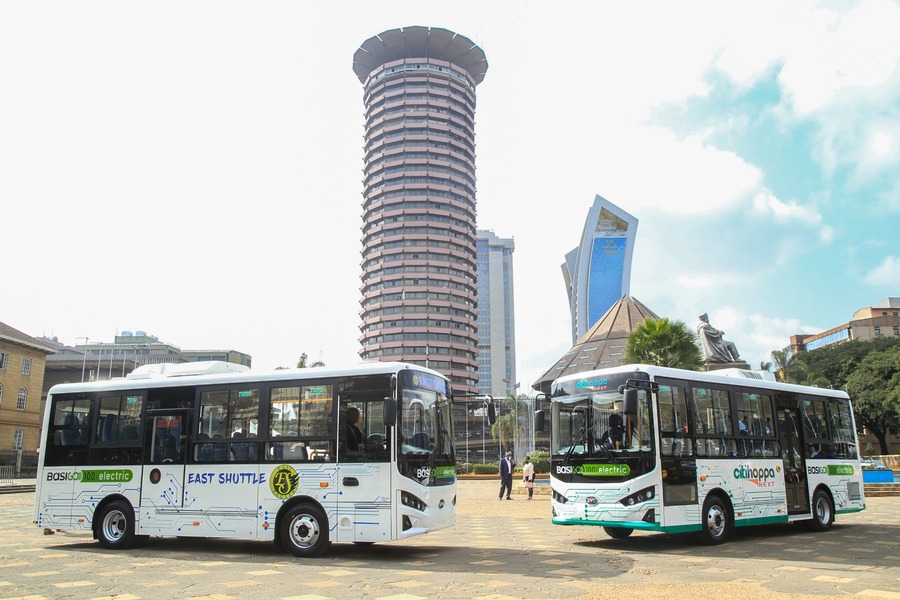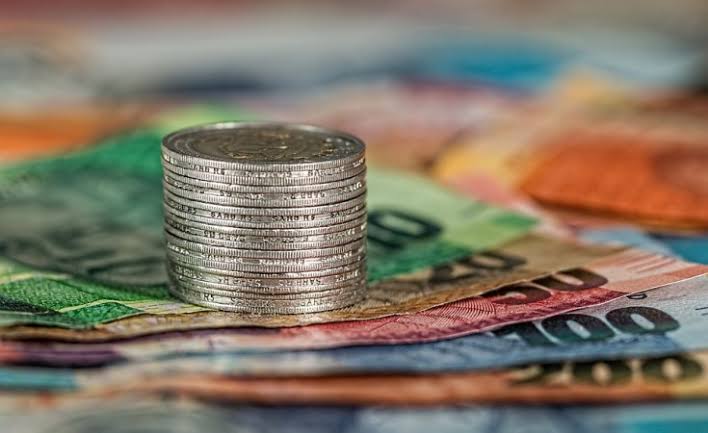
President Ruto Calls for Collective Action on Plastic Pollution
Posted by Maryann Muganda | Nov 14, 2023 | GLOBAL URGENCY


In a call to action, Kenya’s President William Ruto has urgently appealed to the global community to address the pressing issue of plastic pollution, emphasizing its detrimental effects on both human health and biodiversity.
Speaking at the opening of the Third Session of the Inter-Governmental Negotiating Committee on Ending Plastic Pollution at the United Nations Office in Nairobi on Monday, President Ruto said to deal with plastic pollution, humanity must change.
“The global community is waiting with great anticipation for the instrument that you will develop to chart a global plan for tackling plastic pollution, this is an opportunity to convert the zero draft into a plan,” he said.
The world produces about 400 million metric tonnes of plastic waste annually and less than 10% of it is recycled, according to the U.N. Environment Programme.
At least 14 million metric tonnes ends up in the ocean every year, the International Union for Conservation of Nature says, while more piles up in landfills.
In 2022, representatives from 175 countries agreed to finalize a United Nations treaty by 2024 to address the pervasive issue of plastic pollution affecting oceans, the atmosphere, and ecosystems, including the bodies of animals and humans.
President Ruto stressed the urgency of the negotiations, highlighting the imminent deadline in 2024 and the limited time for two additional meetings.
“I urge all the negotiators to recall that 2024 is only six weeks away and (there) are only two other meetings to go,” said the Kenyan leader.
In Nairobi, International delegates engaged in discussions regarding measures to be included in the treaty, debating whether to focus on the entire life cycle of plastics, including production, or prioritize plastic waste management.
The talks need to come up with a first draft agreement, outlining commitments to reducing the plastic menace, and a financing scheme for its implementation, said Carroll Muffett, president of the Centre for International Environmental law.
“We need to navigate extraordinary risks over the week ahead,” he said, citing attempts to derail and delay the talks by some members states in previous rounds.
Kenya, having implemented laws banning certain uses of plastics such as shopping bags, since 2017, advocated for a strong, binding agreement on the manufacture and use of plastics.
President Ruto called for a global shift in consumption patterns, production methods, and waste disposal practices.
“Change is inevitable. This treaty, this instrument that we are working on, is the first domino in this change. Let us bring it home. Let the change begin,” Ruto said. “We must change the way we consume, the way we produce and how we dispose our waste,” Ruto said.
He retaliated that the world is in need of alternatives and ways of making plastics circular, calling on investments in mechanisms to make technology transfer and transformation easy and possible.
“Innovation has moved humanity forward for centuries, helping people overcome numerous threats and challenges. The elimination of plastic pollution is a threat that demands innovation. This is the reality and challenges that industry and the private sector must accept and look for opportunities in other alternatives,” he noted.
The Kenyan leader who chairs the AU Committee of Heads of State & Government on Climate Adaptation insisted that plastic pollution is a global challenge affecting people’s health and biodiversity.
“It alters livelihoods, chokes marine life besides impacting negatively on our food production.” he said in Nairobi during the meeting.
The plastics industry and oil and petrochemical exporters like Saudi Arabia do not want plastic use curtailed, arguing that the global deal should promote improved the recycling and reuse of plastic.
“The vast majority of countries are eager to advance the negotiations to get the job done,” said Pamela Miller, Co-Chair of the International Pollutants Elimination Network, a global public interest organization.
“On the other hand a small group of like-minded countries of mainly major fossil fuel, petrochemical and plastic exporters like Saudi Arabia and Russia are actively attempting to take us backwards.” said Miller.
Last year, approximately 60 “high ambition” nations advocated for binding regulations to reduce plastic use and production, a stance supported by numerous environmental groups.
However, major plastic-producing economies, including the United States, prefered to emphasize recycling, innovation, and improved waste management.
President Ruto highlighted the global anticipation for the development of an instrument to formulate a comprehensive plan for tackling plastic pollution.
He emphasized the significance of converting the zero draft into a tangible strategy, recognizing the circular economy as a pivotal system in minimizing waste and addressing climate change. The processes are; maintenance, reuse, refurbishment, remanufacture, recycling, and composting.
Drawing a distinction, Ruto explained that a linear economy, marked by the extraction of resources for product manufacturing that culminates in waste disposal, is no longer sustainable.
He urged a collective global shift in consumption patterns, production methods, and waste disposal practices.
Your support empowers us to deliver quality global journalism. Whether big or small, every contribution is valuable to our mission and readers.
